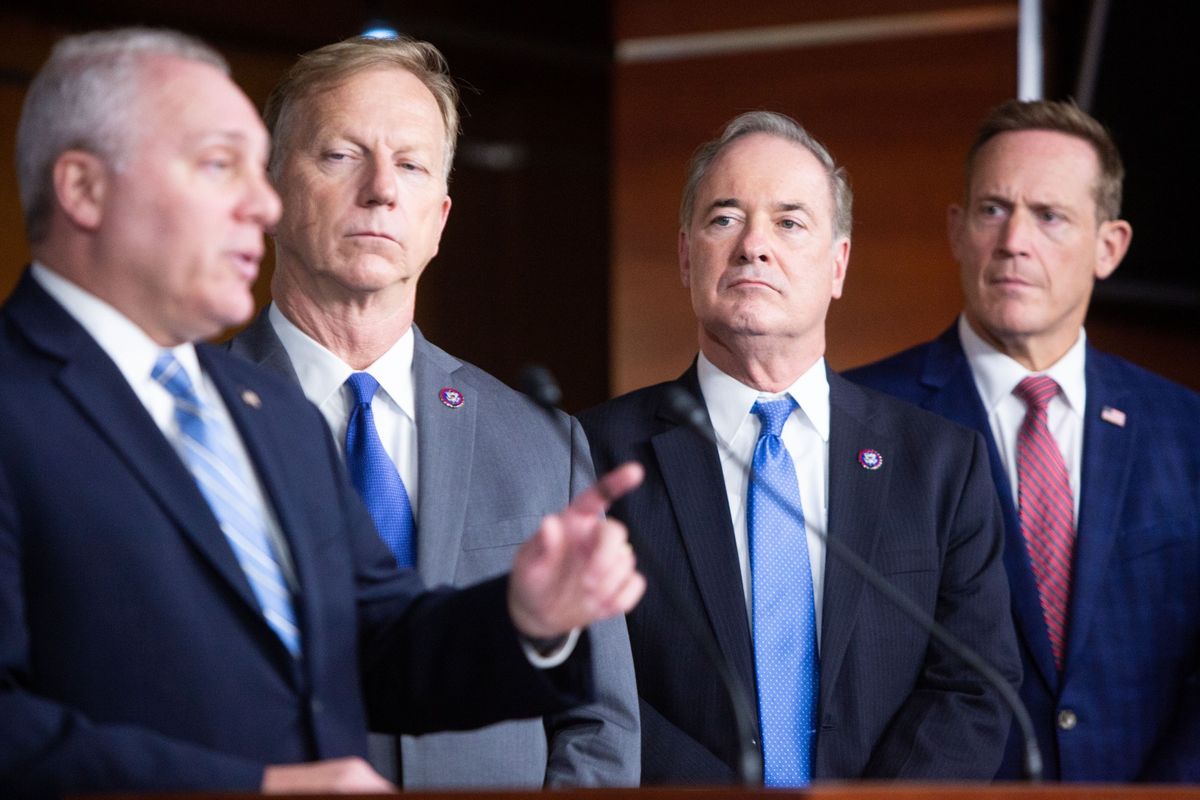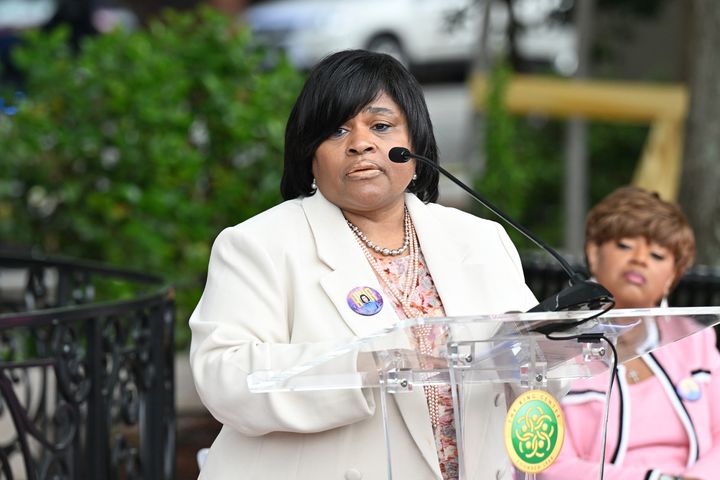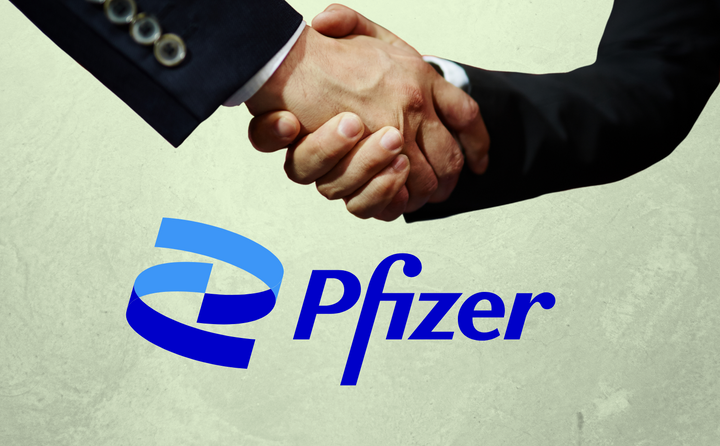Lobbyists Kept Donating to GOP Election Objectors After Companies Cut off PACs
Many Hill lobbyists opted not to follow their employers' PAC policy and donated to the 147 Republican election objectors in Congress.

After the Jan. 6 riots last year, scores of companies paused their PAC contributions or pledged to halt donations to the 147 Republican members who voted in support of objections to the Electoral College certification.
So far this year, 79 major corporations surveyed by the accountability outlet Popular Information have kept the commitments they made after Jan. 6. Overall, corporate PAC donations in 2021 to the 94 House objectors who are running for re-election this year and ran as incumbents last cycle declined by 60% compared with what they received in 2019, the equivalent year for that election cycle.
While many brand-name companies’ stances were covered in the press in the aftermath of the melee, in many cases they have been able to continue currying influence with election objectors in Congress through donations made by their lobbyists and executives.
Lobbyists for companies that cut off PAC donations to Republican election objectors have continued to donate to the group, and many executives with the companies did not follow the lead of their employers’ PAC policies, according to a Sludge review of Federal Election Commission data from the nonprofit resource Code for Democracy. These types of high-level employees typically provide the bulk of the funding for their companies’ PACs.
Lobbyists are finely strategic in their giving, academic studies have confirmed, seeking out key lawmakers with jurisdiction over their legislative concerns and contributing to ensure special access early in the lawmaking process. If Republicans retake the U.S. House in the midterm elections, even token donations made now to their reelection could smooth the path for lobbying activities next year on behalf of their clients.
In-House Lobbyist Donations to GOP Objectors
Companies that are observing their public pledges to halt PAC donations to the GOP election objectors employ in-house federal lobbyists who donated to objectors in the first three quarters of 2021.
Allstate lobbyist Saat Alety, director of federal affairs and public policy, donated a combined $5,600 to the campaigns of 11 Electoral College objectors, including $1,000 each to Rep. Warren Davidson (Ohio) and Rep. Lance Gooden (Texas), members of the House Committee on Financial Services. Last year, Alety reported lobbying for the insurance company regarding insurance capital standards and H.R.2537, a bill introduced by Rep. Rashida Tlaib (D-Mich.) that would bar the inclusion of medical debt on a consumer credit report, among other measures.
Amazon lobbyist Miguel E. Mendoza donated $1,000 to Rep. Mario Diaz-Balart (Fla.), a member of the House Committee on Appropriations, and another lobbyist for the company, Matthew Haskins, gave $1,000 to Rep. Mike Rogers (Ala.), ranking member of the House Armed Services Committee.
Dow Chemical lobbyist Colleen Litkenhaus, an associate director for government affairs, donated $500 to Rep. Tom Rice (S.C.), a Ways and Means Committee member. Dow’s vice president for global affairs, Kevin Kolevar, a former lobbyist for the company, gave $500 to Louisiana Sen. John Kennedy.
Microsoft lobbyist Allison Halataei contributed $1,000 to Rep. Chris Stewart (Utah), a member of the Financial Services and General Government Subcommittee of the House Appropriations Committee.



